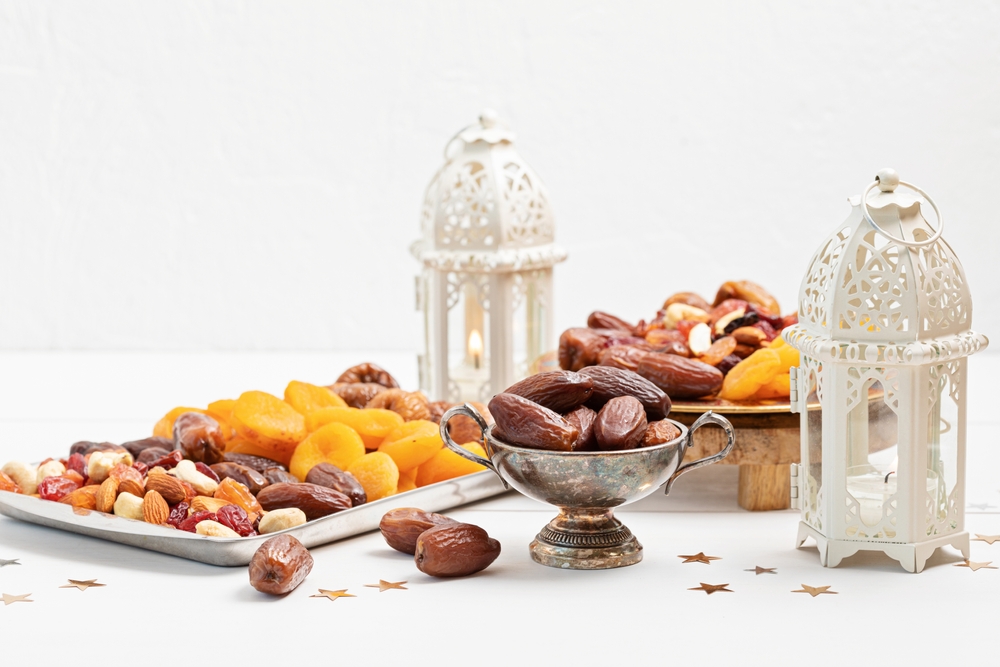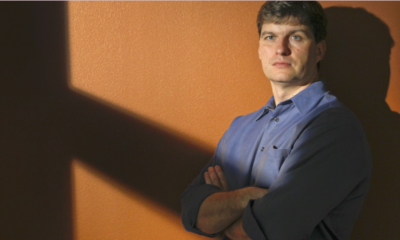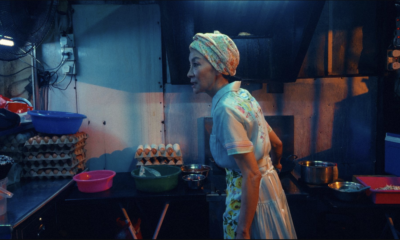Charitable Giving in Ramadan
Ramadan plays a great role in helping those living in poverty. Because of its special virtue, the fasting month sees a significant increase in charitable donations. Fundraising campaigns actively raise money for widows, orphans, and vulnerable individuals around the world. The number of donors increases considerably during Ramadan as people make obligatory and voluntary donations. Charity during the holy month is perceived as a matter of great reward and a noble act of worship.
Zakat payments:
Zakat is compulsory for those who possess wealth equivalent to the amount of nisab. Many individuals like to pay their Zakat donations during Ramadan. It is not compulsory to pay Zakat in Ramadan, but some people choose to do so because of the magnitude of the reward promised. Zakat is 2.5 percent of a person’s wealth, payable in cash, gold, silver, and other possessions. The conditions of Zakat stipulate that it can only be spent on people living below the poverty line. The rationale behind Zakat is that it should be taken from the rich and given to the poor of a community. This clarifies the importance of Ramadan donations in helping the situation of hunger and poverty in disadvantaged areas.
Fidya and Kaffarah:
Fidya and Kaffarah donations are specific to the holy month of Ramadan. Fidya is a donation given by those who are unable to fast for a valid reason, like chronic illness or severe weakness. Fidya requires providing daily meals for a fasting person for each day of a missed fast. With this payment, charitable organizations provide food packs to those at risk of starvation or malnutrition.
Kaffarah is paid by those who break their Ramadan fast intentionally without a valid reason. The payment of Kaffarah requires a donation sufficient to feed a poor person for two months. Kaffarah payments in Ramadan go a long way towards helping desperate families. These donations enable vulnerable people to enjoy nutritious food and ease their suffering.
Fitrana:
Also known as Zakat-al-Fitr, Fitrana is given by Muslims towards the end of Ramadan. Fitrana is the donation of staple food to those struggling to find daily meals for their survival. Fitrana is compulsory for all adult Muslims who can find enough food for one day. This means most Muslims make Fidya payments or food donations before Eid-al-Fitr, which goes towards helping the poor and needy.
Sadaqah:
Sadaqah is a charitable donation made on a voluntary basis to help those in need. People increase their Sadaqah donations during the month of Ramadan following the Prophet’s example. Sadaqah can be given to anyone in any amount. Some individuals donate Sadaqah on behalf of their deceased relatives as well, which is known as continued charity. It helps with long-term welfare projects such as water wells, tube wells, or donations towards building a mosque.
Eid gifts:
In addition to gifts for loved ones, people donate towards gifts for less fortunate individuals. Eid is an important time to remember those going through hardship. A gift of essential food and clothes brightens up someone’s day and helps them celebrate the blessed occasion.
Laylat-al-Qadr donations:
Ramadan brings an opportunity to make more donations during the last ten nights. It is believed that the final ten nights of Ramadan contain Laylat-al-Qadr, which is the night of great virtue. This brings in more donations on all these ten nights of the fasting month as believers try to ensure they earn the blessing of the special night. GRF UK is a charitable organization that collects donations for people in need on these nights and other times of the year. The month of Ramadan contributes to the social welfare of a community. Ramadan is not just about fasting but also about compassion and kindness, which are achieved through the above-mentioned donations.









































